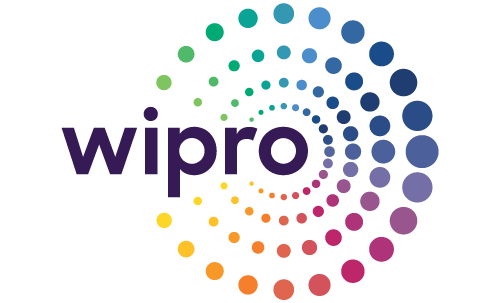
Net-Zero Case Study - Wipro
Indian company Wipro faces a unique challenge with its electricity footprint - discover how the company is reaching its target of 100% renewable energy by 2030.
One of the first seven companies with a validated net-zero target, Indian multinational information technology services and consulting company Wipro is committed to achieving net-zero emissions by 2040, and has an near-term target of a 55% reduction in GHG emissions by 2030 in absolute emission levels compared to its base year of 2016-17.
A unique challenge
The company faces a unique challenge, approximately 90% of Wipro’s electricity footprint is concentrated in India where its large operational centers for software services are sited. Meeting its target of 100% renewable energy by 2030 and the associated reduction of its scope 2 emissions will require the company to nearly double its renewable energy consumption over the next eight years. Wipro’s operations span at least seven states in India, meaning the company faces an uneven landscape when it comes to sourcing renewable energy. In India, electricity is a state subject and there is no regulatory consistency across states when it comes to ease of access. Challenges vary from tariff barriers, bureaucratic approvals and adequate supply capacity.
Tackling scope 1 and 2 emissions
Wipro has adopted a two-pronged approach to reducing scope 1 and 2 emissions: use less energy, and increase renewable energy consumption. Wipro has adopted green building design principles for its sites, and is engaging in constructive industry-led advocacy with different state governments to facilitate increased clean electricity supply and remove tariff barriers.
Since 2017, its renewable energy consumption has nearly doubled from 28% to around 55% in 2022. Scope 1 and 2 emissions have reduced by 23% in 2020 (pre-Covid) and by 52% in 2021.
Wipro is successfully demonstrating how to overcome some of the challenges that are unique to companies in developing countries, and is paving the way for more companies to follow them in the global race to net-zero. As of April 2022, 20 Indian companies are committed to reaching net-zero by 2050, but more companies must join them. Set a target now.



